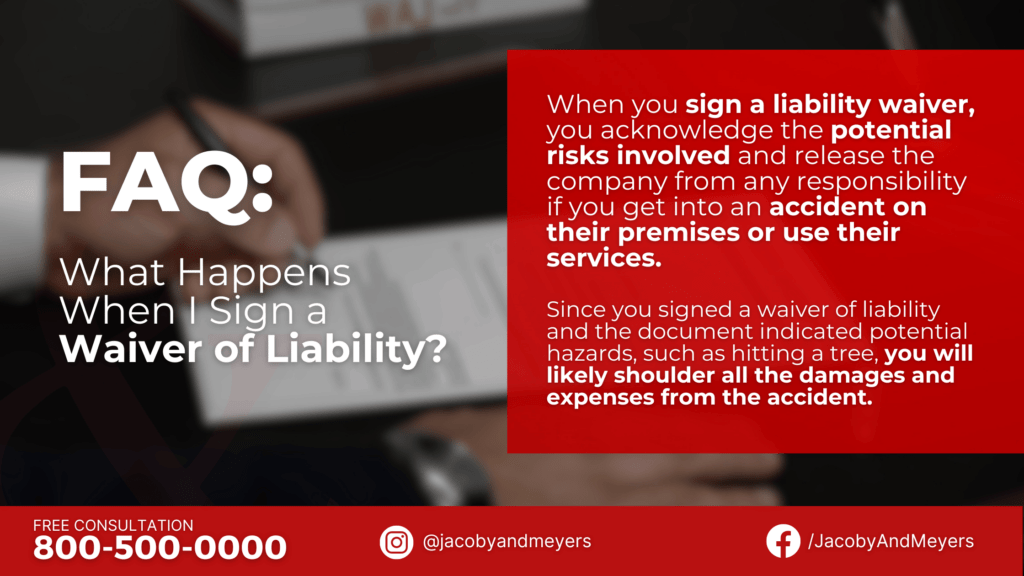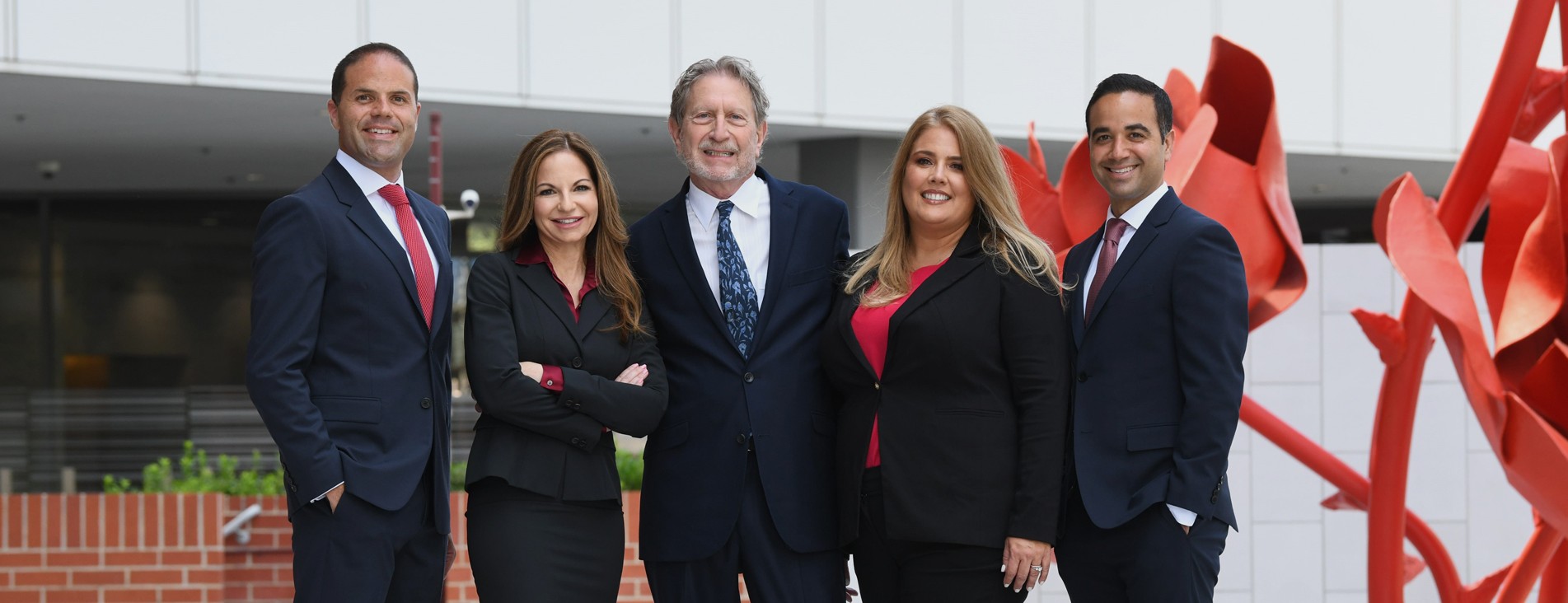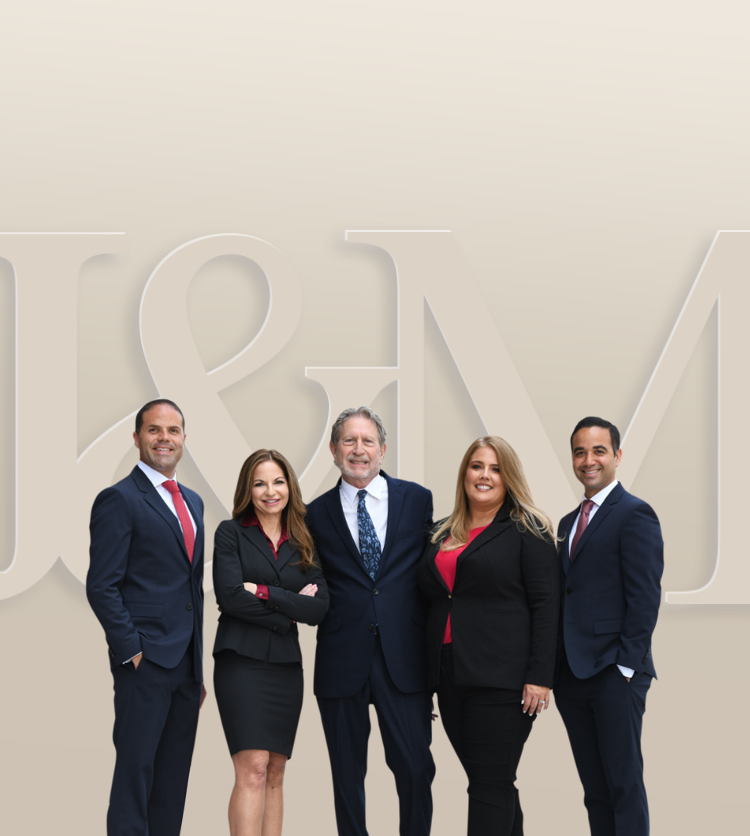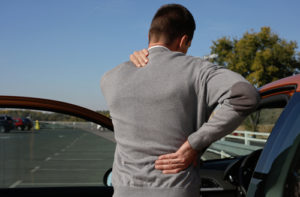While a liability waiver releases an entity of its financial responsibility and liability to a client, there are specific cases where you can receive a settlement from an accident after signing the waiver.
Read on to learn how to receive compensation for an accident’s damage after signing a liability waiver form.
What Is a Liability Waiver?
A liability waiver is a legal document that releases a company of any liability in case an accident occurs. A company provides a waiver form for liability for two reasons, namely:
- Presents the possible risks that may arise when doing a specific activity, and
- Asks for consent to release the company of liability when an accident happens due to the potential hazards mentioned.
Typically, a liability waiver has the following key components:
- Inherent risks are potential hazards when we engage in specific activities.
- Assumption of risks indicates that you acknowledge those possible risks.
- Release clauses state that an organization is not accountable for any liability that may result from any accident.
- Indemnification shows your commitment to covering the legal expenses and attorney’s fees if your actions lead to someone initiating a lawsuit against the company.
- The insurance clause indicates that the company’s insurance provider should not pay any of your damage expenses.
- Choice-of-law presents the location and laws applicable to the area where the accident occurred.
What Happens When I Sign a Waiver of Liability?
When you sign a liability waiver, you acknowledge the potential risks involved and release the company from any responsibility if you get into an accident on their premises or use their services.
For instance, you decided to ski at a ski resort and signed the company’s liability waiver before doing the activity. Unfortunately, you hit a tree when skiing, which resulted in injuries. Since you signed a waiver of liability and the document indicated potential hazards, such as hitting a tree, you will likely shoulder all the damages and expenses from the accident.

Is Signing a Waiver Form for Liability Mandatory?
Signing a waiver form of liability is always voluntary. You must only sign a waiver if you agree and understand the document’s terms and conditions. Otherwise, you may decide not to sign the liability waiver.
However, if you disagree with the provisions of the waiver and refuse to sign it, you must know that the company has the right not to offer its services or products to you.
Can You Waive Liability for Negligence in California?
When signing a liability form, the company is only free of financial responsibility when an accident happens due to ordinary negligence.
Ordinary negligence is defined as when an individual fails to take the same precautions or duty of care that any reasonable person would do to avoid causing harm to others.
Let’s say the horse you were riding acted aggressively due to the loud noise. This caused you to fall and incur injuries. In this case, the company is not responsible for any damages incurred during that incident.
Can I File a Claim for an Accident in California after Signing a Waiver?
You may file a claim for an accident after signing a waiver if the unfortunate event results from gross negligence or intentional conduct.
Gross negligence
Gross negligence is a higher level of carelessness or recklessness than ordinary negligence. It is characterized by an indifferent and reckless disregard for the safety or well-being of others.
For example, the ski resort had a horse with a history of aggressive behavior. Despite being aware of the horse’s past actions, the employee assigned the horse to you. While skiing, another guest shouted and made a loud noise, prompting the horse to act aggressively. Because of this, you fell to the ground and incurred injuries from the incident.
In this case, the waiver form will not be valid, and the company should pay the accident expenses caused by the employee.
Intentional Misconduct
On the other hand, intentional misconduct occurs when the individual shows a conscious and voluntary disregard for the safety of others. In deliberate misconduct, the company is aware of the potential risks, but chooses not to adjust its actions to avoid them.
Let’s say the ski resort could hold up to 15 guests per session. Without regard to the limit, the owner permitted 30 participants. During the session, a guest sustained injuries because the location was too small for the participants to ski freely.
In such circumstances, the company should be held liable for the accident’s damages due to intentional misconduct.
When filing a personal injury case for an accident in California after signing a waiver, you must prove that the company’s actions were considered gross negligence or intentional misconduct. Hiring a personal injury lawyer is the best option you have to gather evidence and justify the company’s negligence.
What Damages Can I Include in My Accident Claim?
If you are involved in an accident due to an entity’s gross negligence or intentional misconduct after signing a waiver form, you may be entitled to these damages:
| Economic Damages (financial losses) | Non-economic Damages (non-monetary losses) |
|
|
Additionally, if you can justify the company’s intentional act, you may be entitled to punitive damages. These are additional costs imposed by the court if they find the at-fault party’s actions extreme or malicious.
A California personal injury lawyer can maximize your payout by quantifying special damages, such as pain and suffering, and including all the possible damages related to your accident. They will also prove the company’s negligence and defend your right to punitive damages.
What To Do if You are Involved in an Accident after Signing a Waiver
If you are involved in an accident after signing a waiver of liability, these steps will help ensure your safety and protect your legal rights when filing a lawsuit:
- Check if you have injuries.
- Call 911 or emergency personnel immediately.
- If you can, gather evidence that may help support your case, such as:
- contact information of the employee and company owner involved,
- photos of the accident, including:
- your injuries and the premises during the accident, and
- witness testimonies.
- Report the accident to the management or authorities.
- Cooperate with the investigation.
- Contact a personal injury lawyer promptly.
A personal injury lawyer can examine the facts of the waiver and investigate the cause of your accident. This way, they can gauge whether the company should be responsible for the accident’s damages or not.
They usually answer the following questions when defending a case:
- Was the waiver intentionally signed?
- Was the waiver clear?
- Were the terms unambiguous?
- Was it presented in a way that made sense?
If the answer is yes to these questions, you will likely have a challenging time working around the waiver. An accident attorney needs to understand the nature of your accident and the terms of the document to conclude if the company’s actions fall under gross negligence or willful misconduct.
Do I Need a Lawyer to Win A Car Accident Claim with Liability Waiver?
You need a lawyer to win a car accident claim if the incident occurred after signing a waiver of liability. This is because the company’s insurance provider will likely use their resources and knowledge to avoid paying the damages you incurred from the incident.
For instance, let’s say the cause of your accident was not mentioned as a hazard in the liability waiver. Since you were working on your case independently, you didn’t know that the company’s action was considered gross negligence and ended up shouldering the accident’s expenses.
The situation would have had a different outcome if you had hired a California personal injury lawyer who could assess the terms of the waiver form for liability and investigate the facts of your accident.
This is why it is essential to have a legal expert who can sort out your claim. An accident attorney can do the following to help you win your case successfully:
- Examine the nature of your accident.
- Gather the necessary evidence to support your claim.
- Prove the company’s liability.
- Communicate with the insurance provider.
- Defend your case in a trial.
Jacoby & Meyers has experienced personal injury lawyers who have defended accident victims in California. We have the knowledge, expertise, and experience to face challenging claims and successfully win them through our utmost services. Contact us at 800-500-0000 for a free consultation.
Jacoby and Meyers. Because You Deserve Justice.
Call or text 888-522-6291 or complete a Free Case Evaluation form








